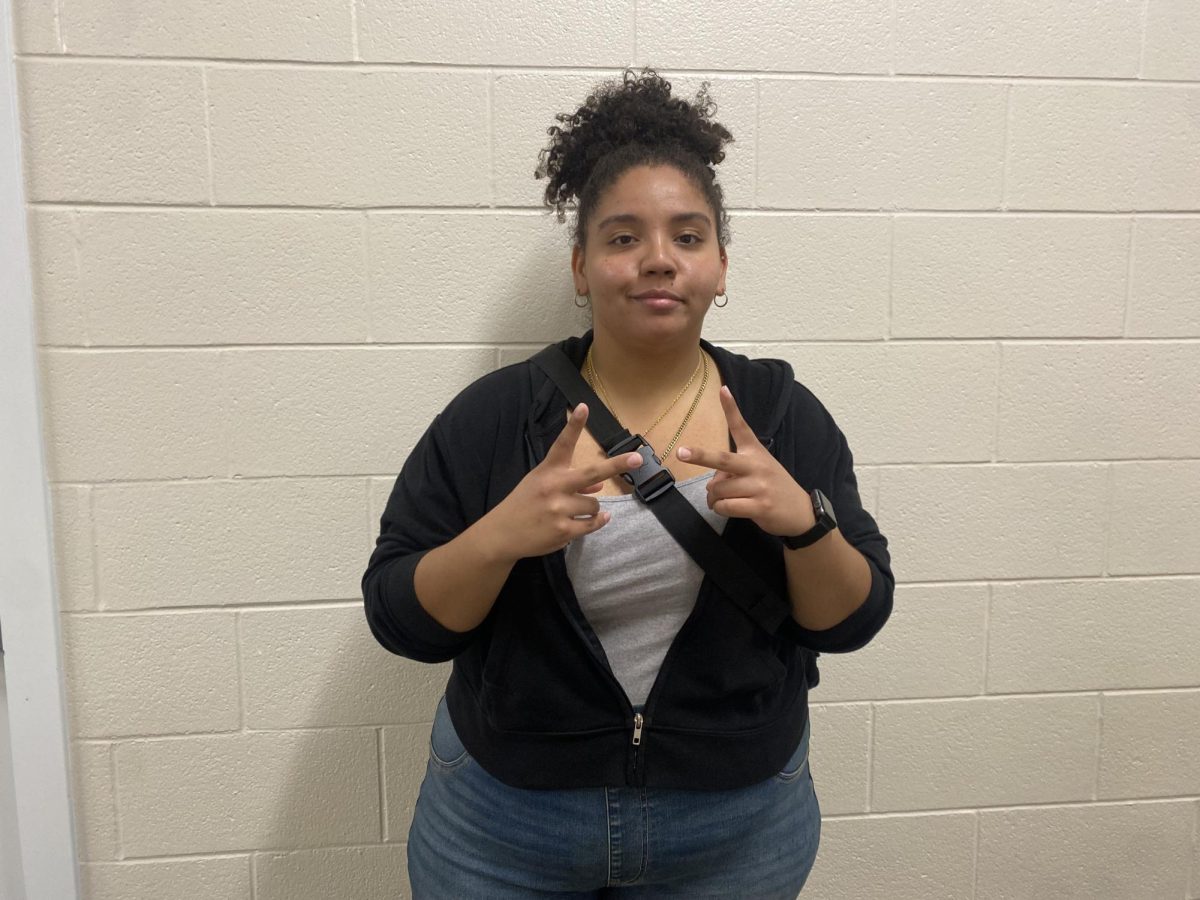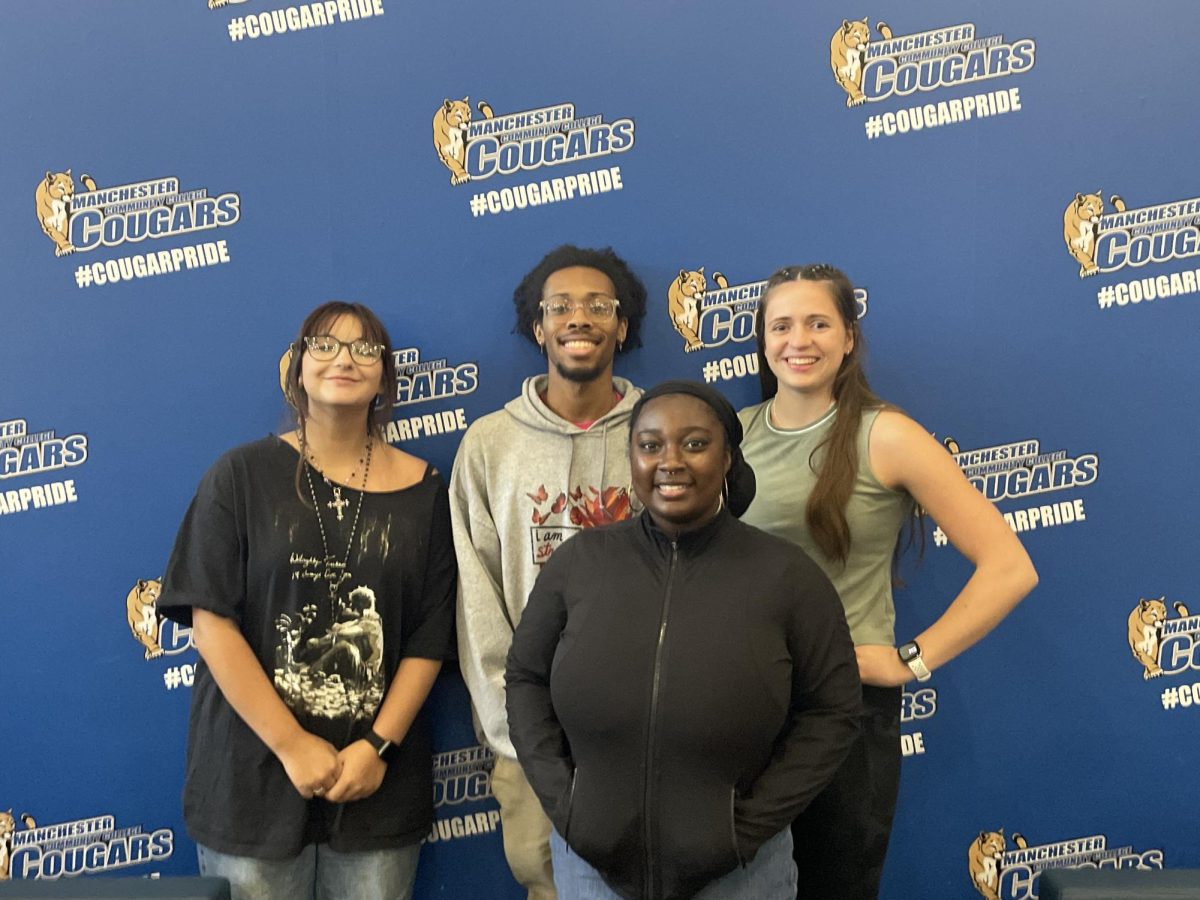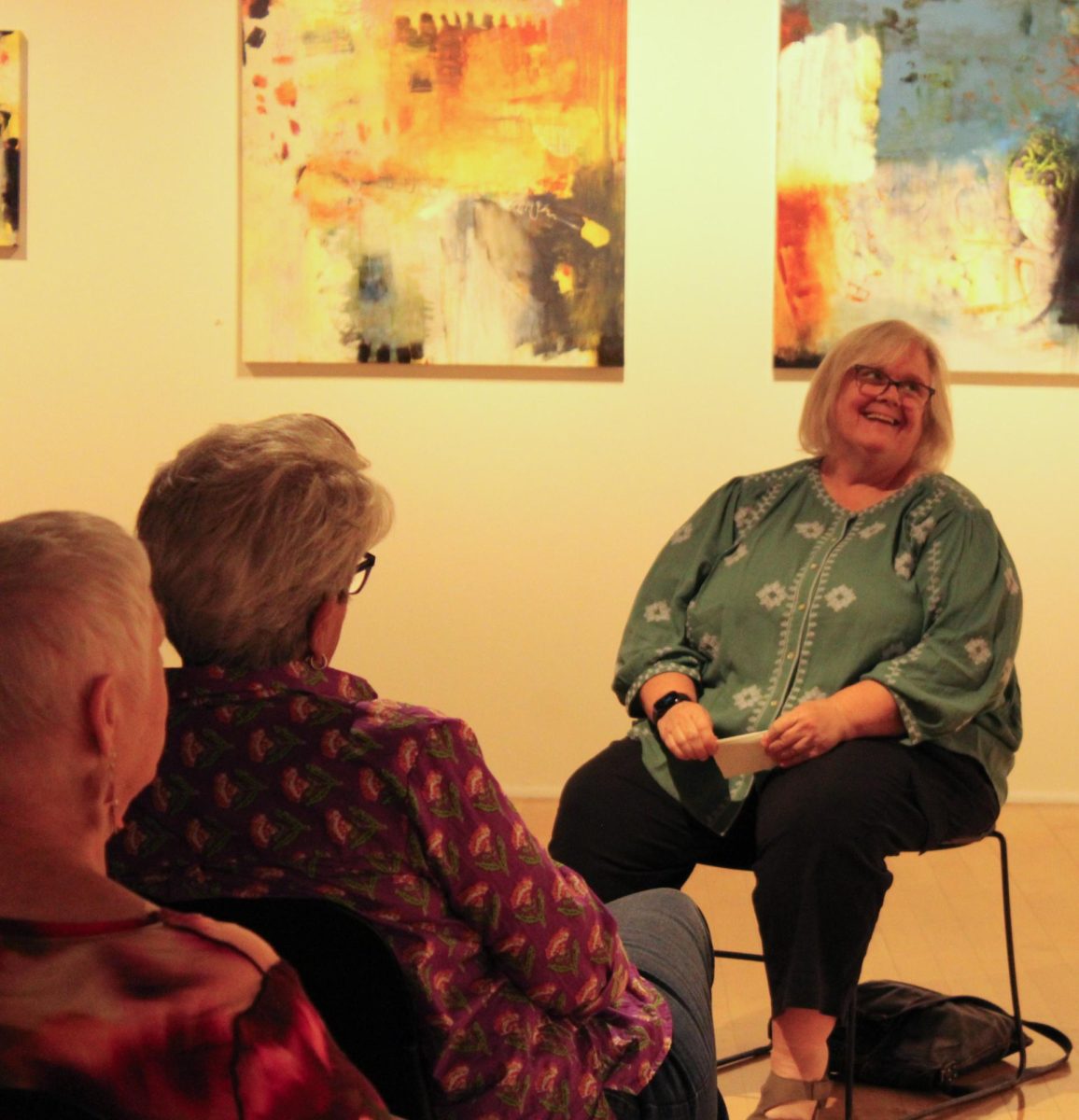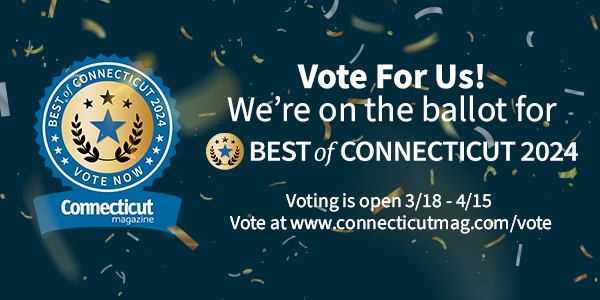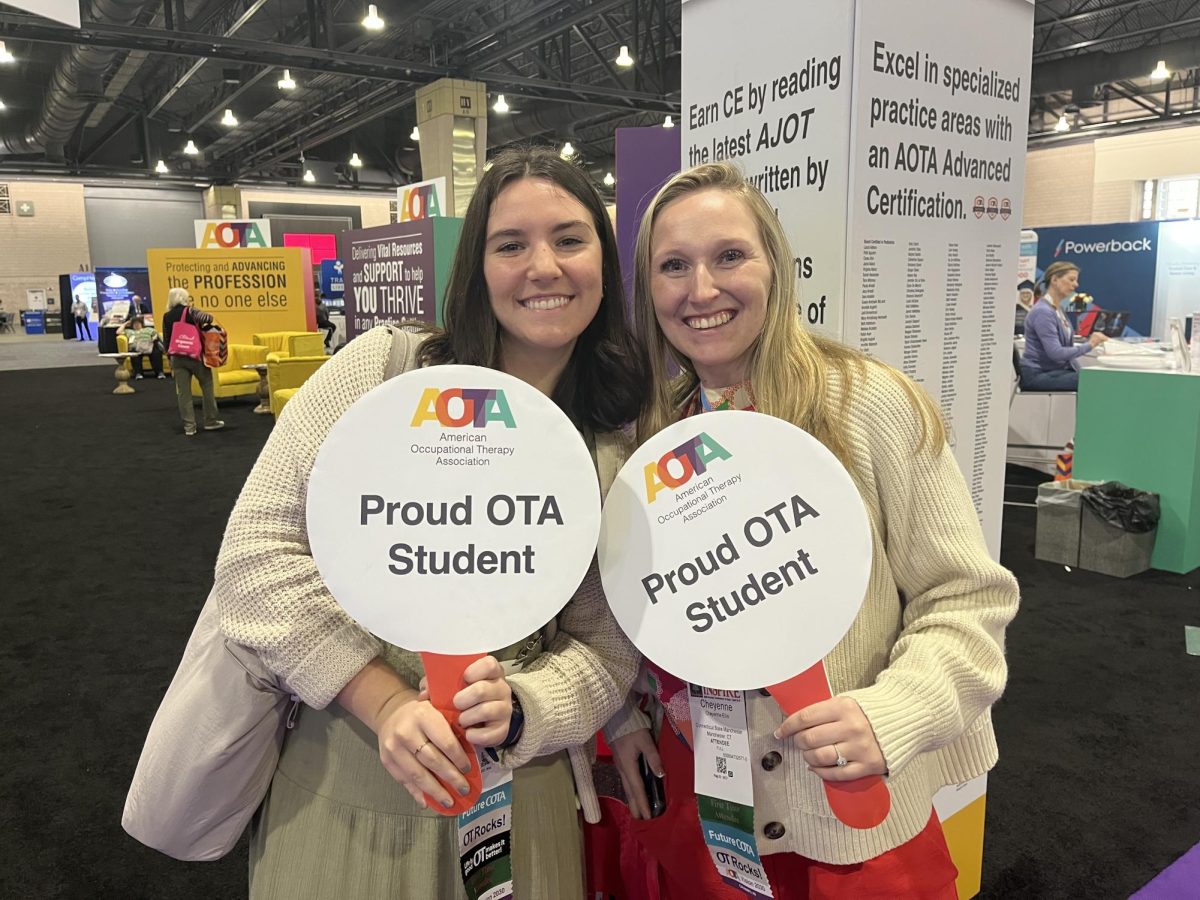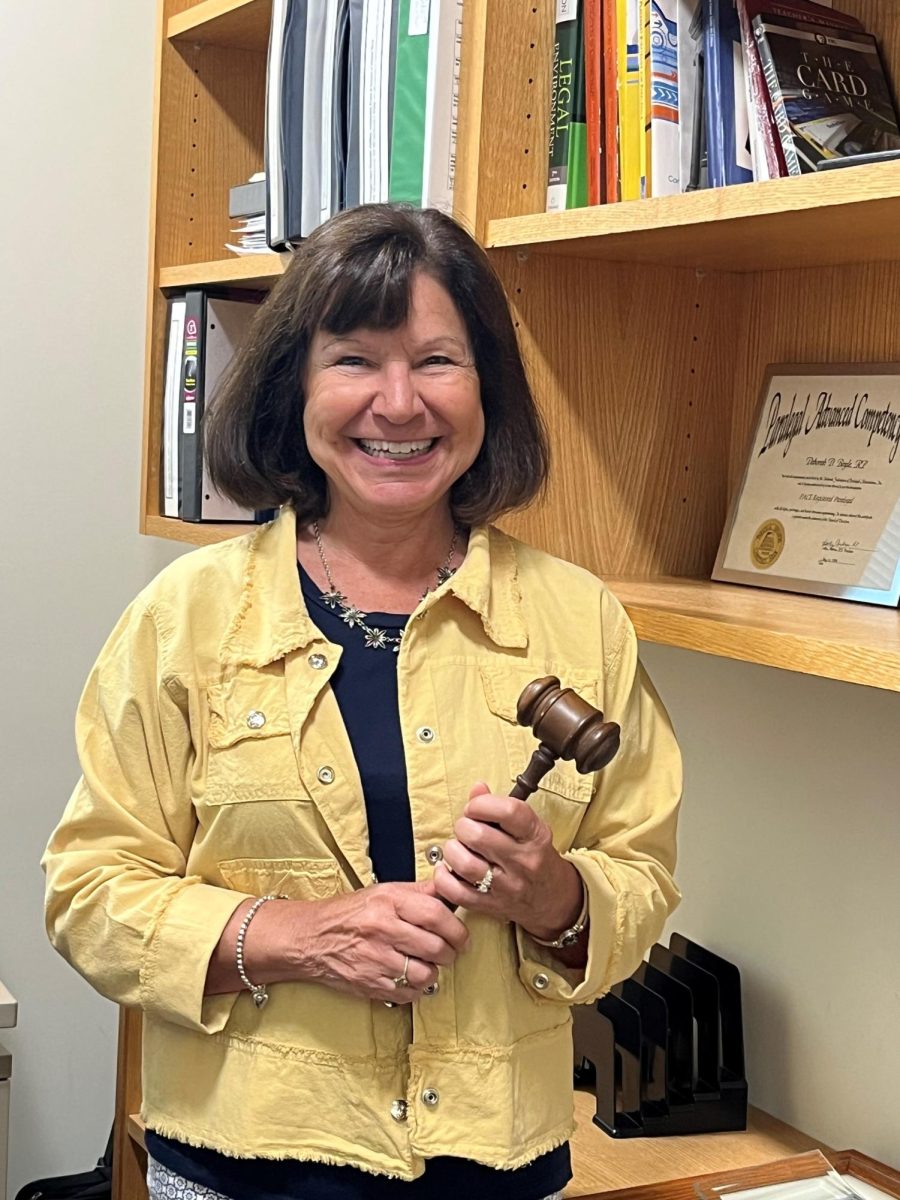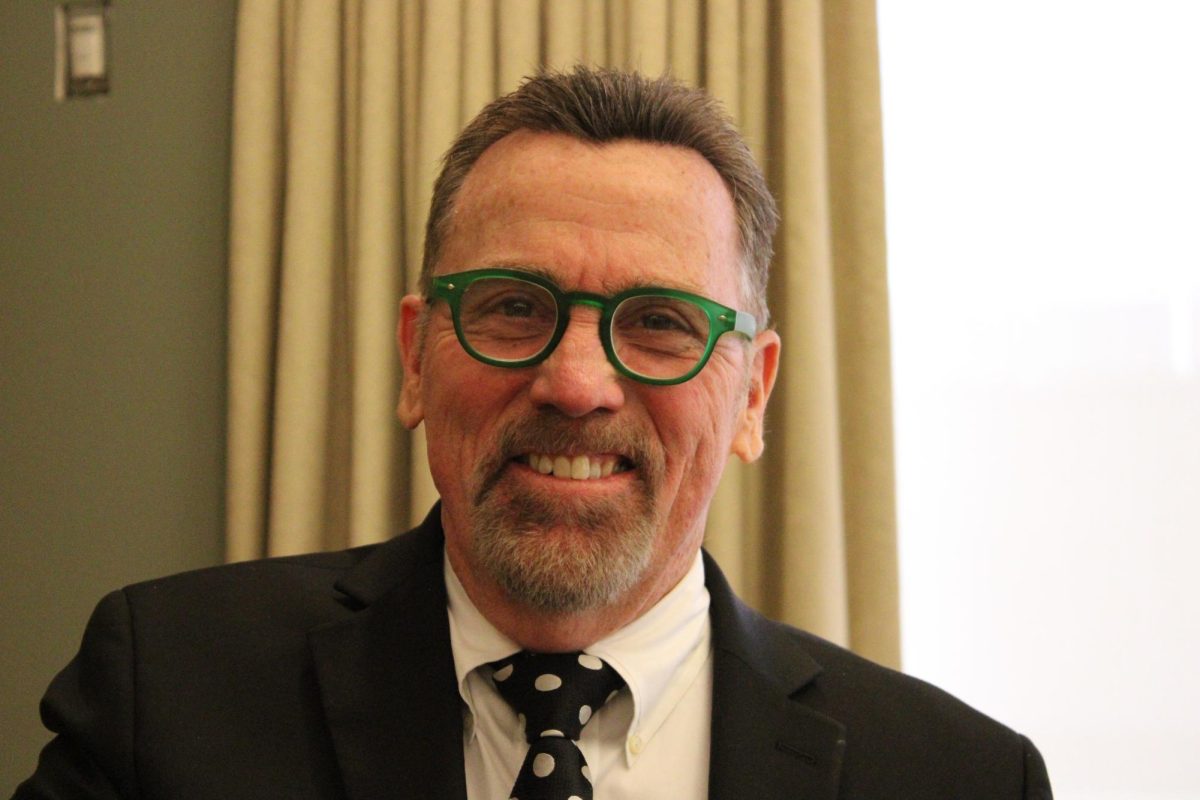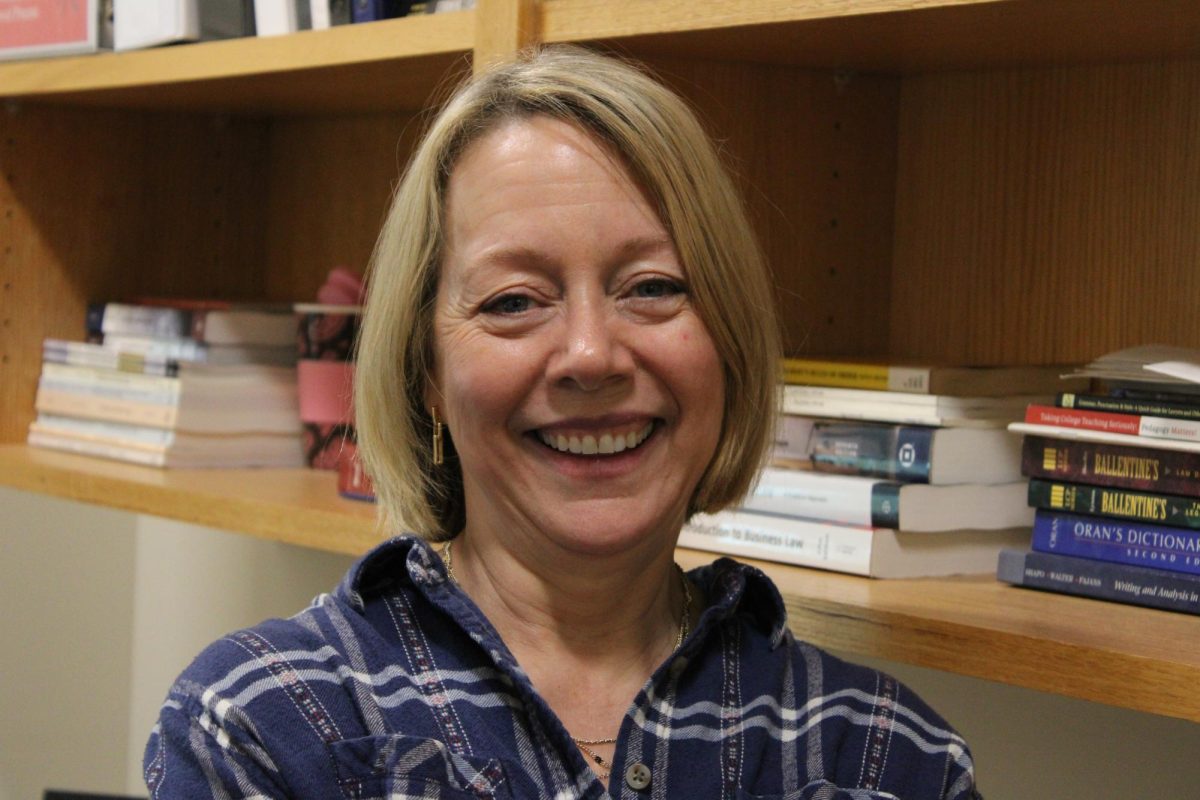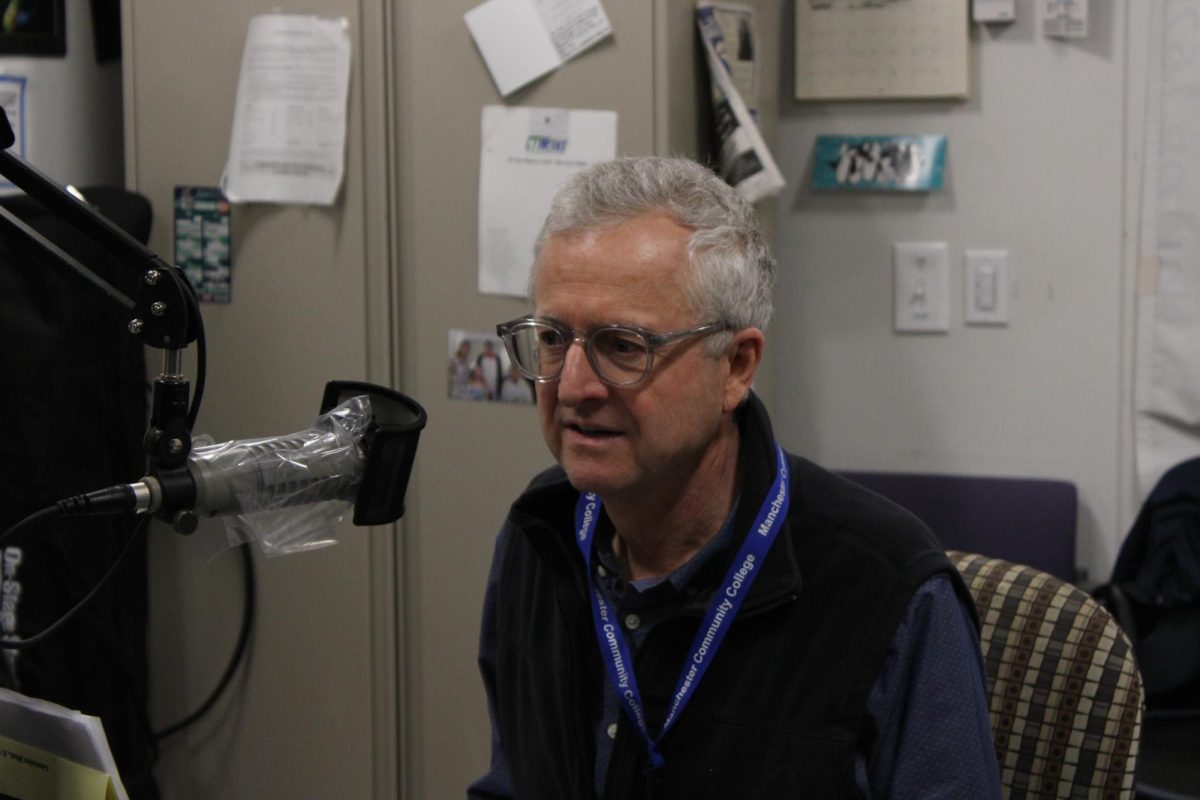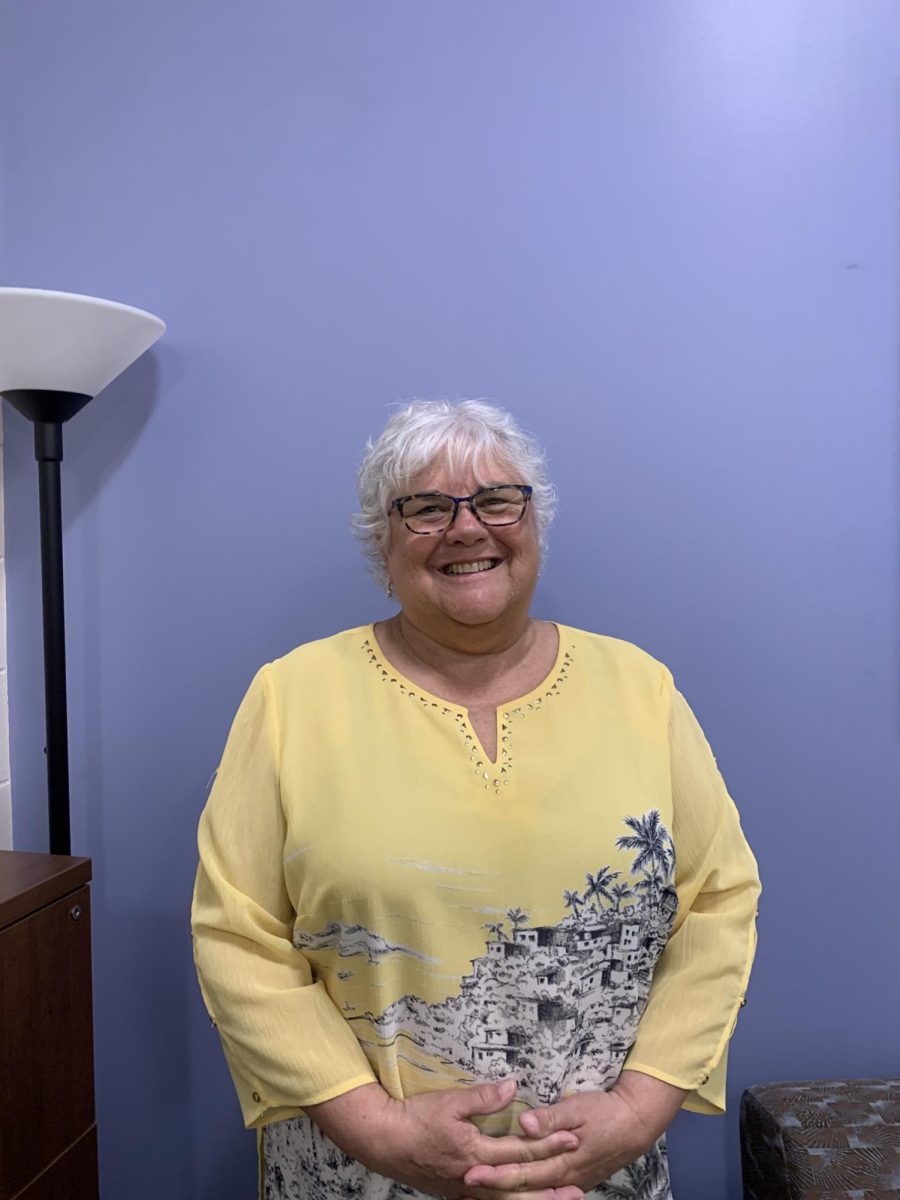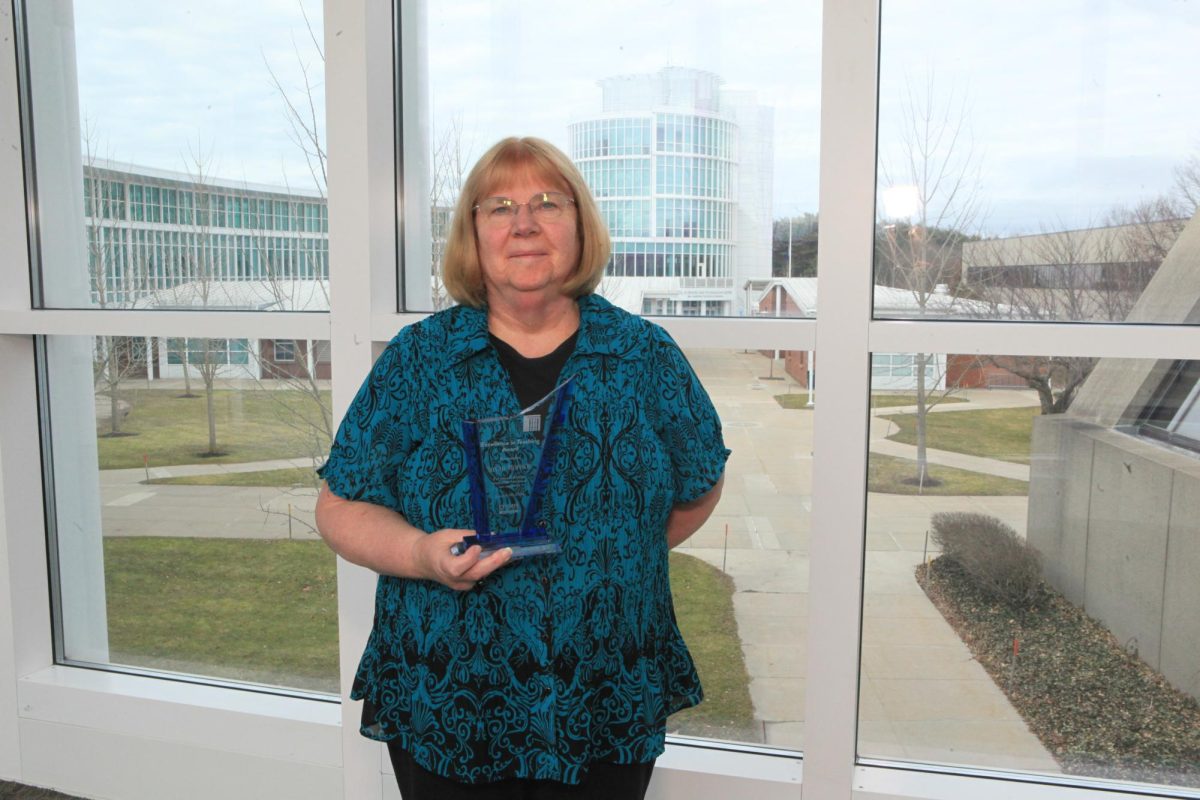Deb Boyle’s nine years teaching at CT State Manchester cap a paralegal career of more than 20 years. A native of Connecticut, Boyle was raised by two elementary school teachers who urged her to find a career making money. She earned her bachelor’s degree in communications and legal studies from Marist College in Poughkeepsie, NY, and then went to the University of Connecticut for her masters in Adult Learning. Though she did not attend law school, she is a certified PACE [Paralegal Advanced Competency Exam] registered paralegal.
What do you teach at Manchester?
I’m currently coming to the end of my ninth year of teaching here at the college. I teach a whole array of classes from Legal Ethics, Introduction to Law, Business Law, Civil litigation and so on. I also oversee and the completion of the Honors Capstone Projects.
Why and how did you end up teaching at Manchester?
Well originally, I was working at The University of Hartford. I worked there for 17 years or so where I was the Paralegal Program Manager and a professor. A lot of my students coming to the university had received their associate degree from MCC in legal studies or paralegal work and that’s how I was introduced to the community college system. But here…I’ve had the chance to teach not only law but also general studies students. I also teach online courses as well as oversee a student Co-op program. It’s an awesome opportunity for students. They earn credit while working with local law firms and gaining practical field experience.
Outside of the classroom, how do you get involved with campus life?
When I started…I took the steps to start the Lambda Epsilon Chi Paralegal National Honor Society. I applied to the MCC foundation, which was a grant that helped me get the paperwork I needed to get it started on campus. This has been a great way that I have connected with students on campus, especially those with an interest in law. Manchester’s paralegal program has actually been accredited by the American Bar Association almost since the founding of the college.
Do you mind me asking, why did you choose a career in education over becoming a lawyer?
I like to think teaching is in my genes, I’ve always been drawn to it. I knew I wanted to teach but I listened to my parents and naturally found myself interested in law. From there I took the steps to become a paralegal. However, I only worked as a Paralegal for about 13 years. Many people don’t realize that paralegals are pretty new, the career has only been around for about 50 years. Paralegals are legal assistants; they are different than lawyers. I got to interact with clients, do legal research and even do trial preparations but the only difference is I didn’t have to go to court or law school. That’s why I was so drawn to becoming a paralegal. On top of that I also had a freelance paralegal business I ran so I was quite busy.
What’s one thing you’ve learned during your career as an educator? Is there any memorable advice you’ve taken from or given to your students?
Oh gosh, (sighs) honestly, I’ve learned so much from my students. I always tell them their success is my success. Seeing my students work hard is what matters the most to me. I try to tell them don’t be afraid to try something new, take chances and take risks. It’s normal to fail, all you can do is try again and learn from your mistakes. But really in my time here I have learned so much from them. Their desire, will and passion for learning in the legal field is amazing.
What are your hopes for the future of the paralegal studies program? And if you don’t mind, who do you want to see come into this position?
I hope this program really continues to thrive. There are so many amazing student experiences, creative learning services, academic technologies and enhanced experiences that benefit the students, I don’t want to see those disappear. I truly believe the Paralegal program is worthwhile and it’s a great opportunity for students interested in law.
What’s next for you after retirement?
People keep asking me this question and I keep saying the same thing: I want to do a whole lot of everything and nothing at the same time. The future is unknown and there are lots of possibilities out there for me. Sure, there is a chance I might do some work here and there but as for now I’m just trying to take it one day at a time. So yeah, I just keep telling people everything and nothing.

